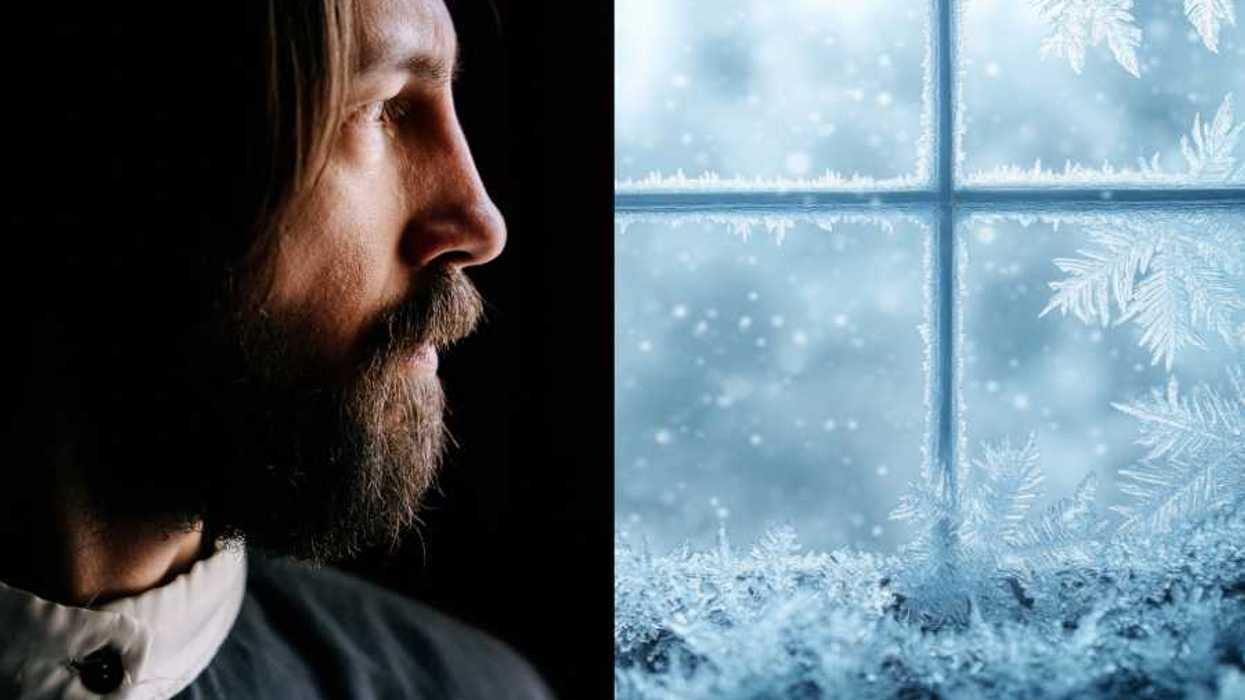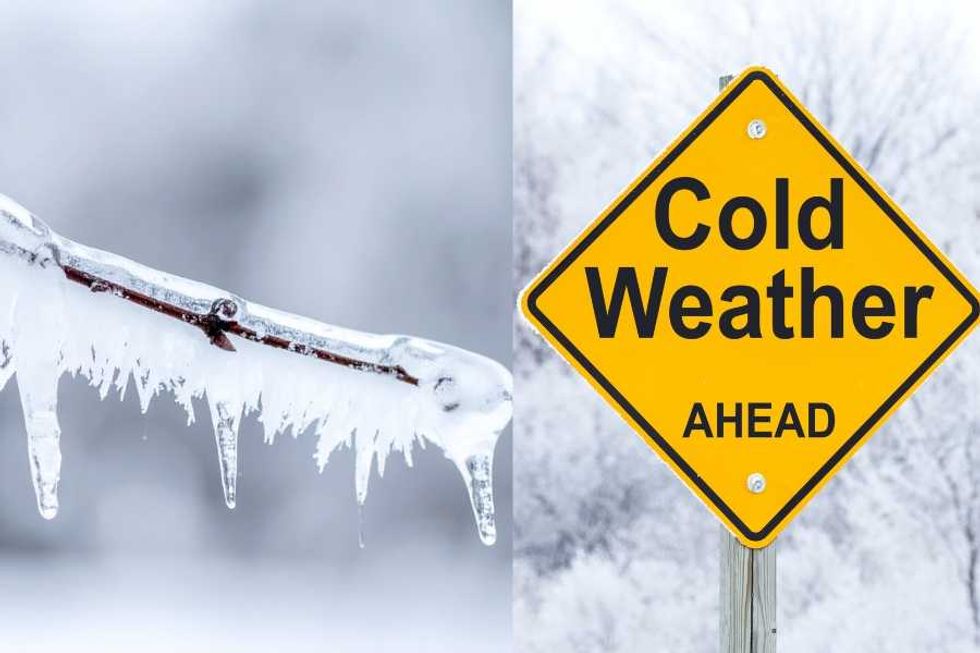People aboard the Russian icebreaker ship 50 Years of Victory in 2018 believed the time capsule they placed in ice in the Arctic Circle would stay there for at least three decades—and were shocked to learn this week that in just two years, the ice melt in the Arctic has been so severe that the container has already been uncovered.
Conor McClory and Sophie Curran of County Donegal, Ireland found the metal container washed up on the shore on the country's northwestern coast, 2,300 miles away from where it had been left in an ice floe two years earlier.
The capsule contained photos, poems, a restaurant menu, and other artifacts that people aboard 50 Years of Victory had thought would give whoever found the container—in an estimated 30 to 50 years—a sense of what life was like in the early 21st century.
"Everything around is covered by ice," one passenger wrote in a letter. "We think that by the time this letter will be found there is no more ice in Arctic unfortunately."
Curran and McClory's discovery alarmed climate action advocates.
"We are at the 'Arctic time capsules left in the ice two years ago have already washed up in Ireland' stage of climate disaster," tweeted Michael Whitney, a photojournalist and former fundraiser for Sen. Bernie Sanders (I-Vt.).
The discovery of the time capsule is just the latest evidence of rapidly melting ice in the Arctic. As Common Dreams reported last month, the Laptev Sea in Siberia had yet to begin freezing as of October 22—an "unprecedented" delay brought on by the heating of the planet.
In September, federal scientists in the U.S. reported that ice in the Arctic had shrunk to its second-lowest extant since records began four decades ago. The 14 lowest sea ice extants have all been recorded in the last 14 years.
European Union experts also warned last month that 2020 is on pace to overtake 2016 as the hottest year on record.
With the U.S. now withdrawn from the Paris climate agreement—a decision made by President Donald Trump in 2017 which sparked international outrage and became official on Wednesday—the news of the time capsule was "very troubling," tweeted Irish physician Aoife Thomas Doyle.
"Meanwhile many people in high places are still in denial about the reality of climate change," she tweeted. "How much proof do we need?"
This article first appeared on Common Dreams. You can read it here.
















 Winter weather.
Winter weather. 

 In the past two years, two malaria vaccines have become available for babies starting at 5 months of age.
In the past two years, two malaria vaccines have become available for babies starting at 5 months of age. By exploiting vulnerabilities in the malaria parasite’s defense system, researchers hope to develop a treatment that blocks the parasite from entering cells.
By exploiting vulnerabilities in the malaria parasite’s defense system, researchers hope to develop a treatment that blocks the parasite from entering cells. Created with
Created with 
 Tasks that stretch your brain just beyond its comfort zone, such as knitting and crocheting, can improve cognitive abilities over your lifespan – and doing them in a group setting brings an additional bonus for overall health.
Tasks that stretch your brain just beyond its comfort zone, such as knitting and crocheting, can improve cognitive abilities over your lifespan – and doing them in a group setting brings an additional bonus for overall health. Overdoing any task, whether it be weight training or sitting at the computer for too long, can overtax the muscles as well as the brain.
Overdoing any task, whether it be weight training or sitting at the computer for too long, can overtax the muscles as well as the brain.

 Amoxicillin is a commonly prescribed broad-spectrum antibiotic.
Amoxicillin is a commonly prescribed broad-spectrum antibiotic.  Chart: The Conversation, CC-BY-ND
Chart: The Conversation, CC-BY-ND
 Counterintuitively, social media can make you feel more bored and lonely.
Counterintuitively, social media can make you feel more bored and lonely. Talking about what you’ve read can add a social dimension to what can be a solitary activity.
Talking about what you’ve read can add a social dimension to what can be a solitary activity. 